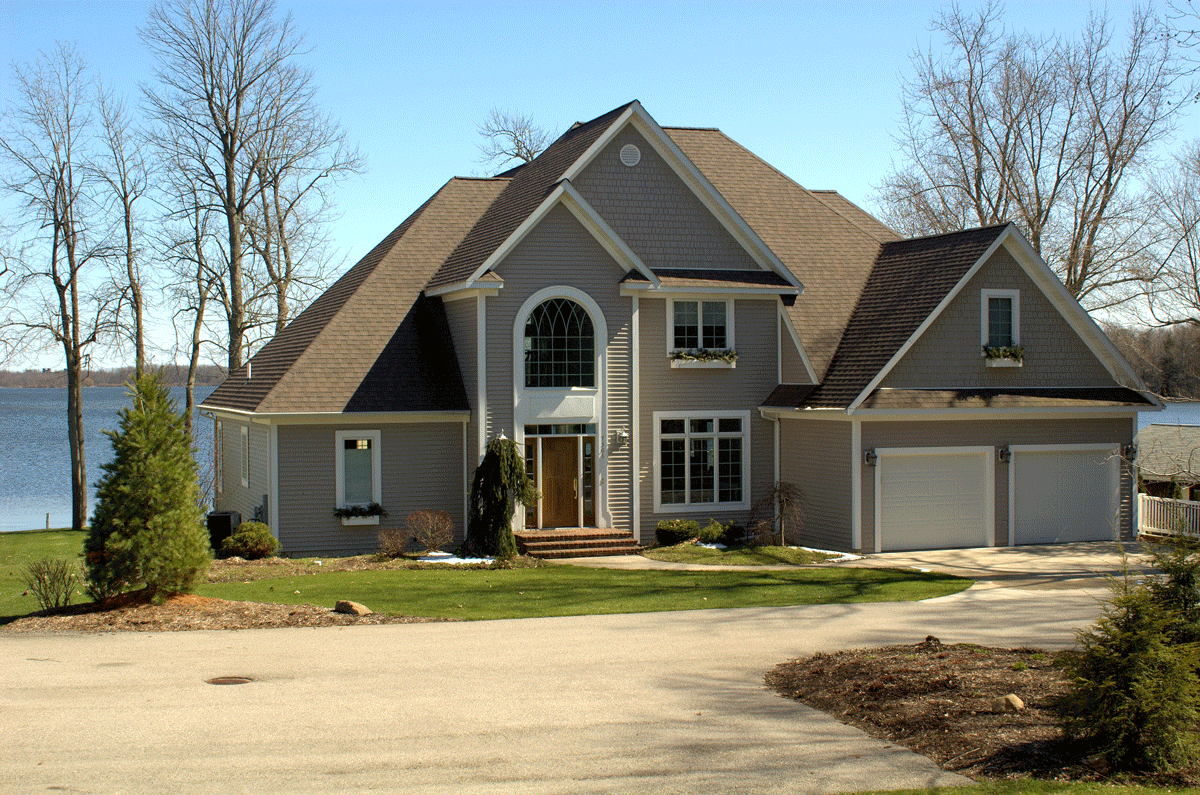Second Home Tax Advantages, Tax Breaks And Deductions
Have you ever considered that owning a second home could provide you with financial benefits beyond a vacation retreat or investment property?
Many homeowners are unaware of the various tax advantages, tax breaks, and deductions available to them when thinking about buying a second home. These benefits can significantly reduce the cost of owning a second home, making it a more financially viable option. In this article, we will explore the key tax deductions and credits that can help you maximize the financial advantages of owning a second home. This article is designed to give you a high-level overview of the potential tax advantages; we would advise anyone considering purchasing a second home to speak with their own tax professional to confirm which tax benefits will apply to their personal situation.
2nd Home Mortgage Interest Deductions
One of the most significant tax benefits of owning a second home is the ability to deduct mortgage interest. The IRS allows homeowners to deduct interest on up to $750,000 of mortgage debt for primary and secondary residences combined. This deduction can lead to substantial savings, especially in the early years of a mortgage when interest payments are higher. By claiming the 2nd home mortgage interest deduction, you can lower your taxable income and potentially save thousands of dollars each year.
Home Equity Loan Interest Deduction on Your Second Home
Another deduction is the home equity loan interest deduction. If you take out a home equity loan or line of credit on your second home, you can deduct the interest paid on the loan, provided the funds are used to buy, build, or substantially improve the property.
This can be a significant advantage if you plan to make major renovations or improvements to your second home. By leveraging this deduction, you can reduce the overall cost of financing your home improvements, making it a more attractive investment.
Second Home Property Tax Deduction
Property taxes on your second home are also deductible. This deduction allows you to reduce your taxable income by the amount of property tax you pay on your second home. However, it's important to note that there is a cap on the total amount of state and local taxes you can deduct, which is currently set at $10,000, and there may be different rules state-by-state. Despite this limitation, the second home property tax deduction can still provide significant tax relief and lower your overall tax liability; speak with a tax professional in your state to understand if this may benefit you.
Prorated Expense Deduction
If you rent out your second home for part of the year, you may be eligible for prorated expense deductions. This means you can deduct a portion of your expenses, such as mortgage interest, property taxes, insurance, and maintenance costs, based on the amount of time the property is rented versus personally used.
This prorated deduction can help offset the income you earn from renting out your second home, reducing your taxable rental income and increasing your overall tax savings.
Energy Efficiency Tax Breaks
Investing in energy-efficient improvements for your second home can also provide valuable tax benefits. Two key credits are available for homeowners who make energy-efficient upgrades:
Energy Efficient Home Improvement Credit
This credit allows you to claim a percentage of the cost of certain energy-efficient improvements, such as installing energy-efficient windows, doors, and insulation. The credit percentage and limits can vary, so it's essential to check the current IRS guidelines to maximize your savings.
Residential Clean Energy Credit
This credit applies to the installation of renewable energy systems, such as solar panels, wind turbines, and geothermal heat pumps. The Residential Clean Energy Credit can significantly reduce the cost of these installations, making it more affordable to invest in sustainable energy solutions for your second home.
Rental Income & Expense Deductions
If you rent out your second home, you can deduct various expenses related to the rental activity. These expenses can include advertising, property management fees, cleaning and maintenance costs, and utilities. Additionally, you can depreciate the value of the property over time, further reducing your taxable rental income. By taking advantage of these rental income and expense deductions, you can lower your overall tax liability and increase the profitability of your second home as a rental property.
Owning a second home can offer many tax advantages, breaks, and deductions that can make it a good financial investment. By understanding and utilizing these benefits, you can reduce your tax liability and maximize the financial returns on your second home. While this article gave an overview of what may be available, we’d suggest you speak with a tax adviser in your own state to understand which of these may apply to you, or if there are other tax benefits in your state that may apply.
Contact Us Now for More Information
Phone: 888-832-5253

